Ideas, opinions, politics, humanities
-

Antisemitism in Europe: Persecution, prejudice, and mutual hatred
Antisemitism belongs to the darkest chapters of European history. From medieval pogroms to the Holocaust, Europeans persecuted Jews with relentless cruelty. Yet the story was not one of pure innocence against pure evil. Jewish-Gentile relations were complex, marked not only by hatred directed at Jews but also by Jewish hostility toward non-Jews. This point does…
-
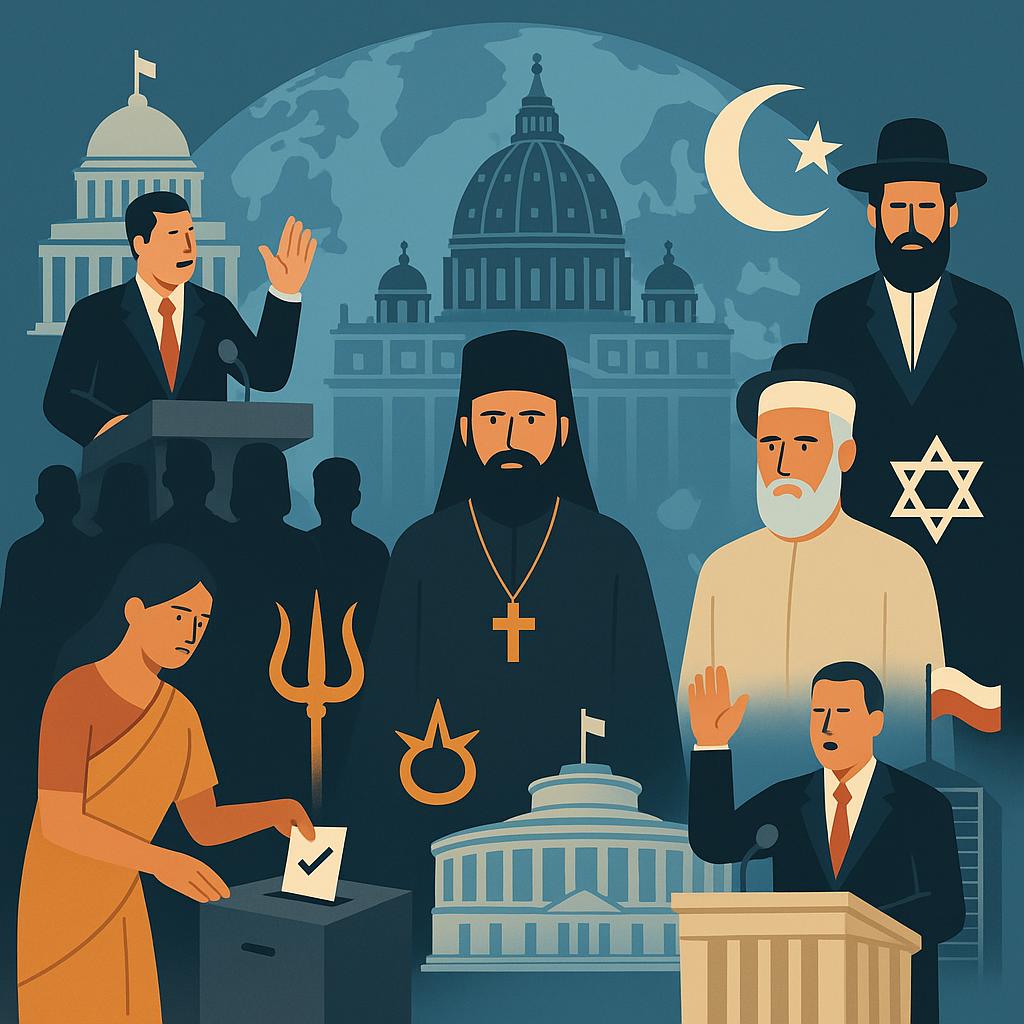
Religion still shapes politics, even when we think it doesn’t
Modern societies like to believe they have left religion behind. They speak of secular states, rational laws, and scientific progress. Yet when we look closer, politics still bends under the weight of religious traditions. Religion continues to shape institutions, voter behavior, and geopolitical choices. Its influence is not only spiritual. It is political, financial, and…
-
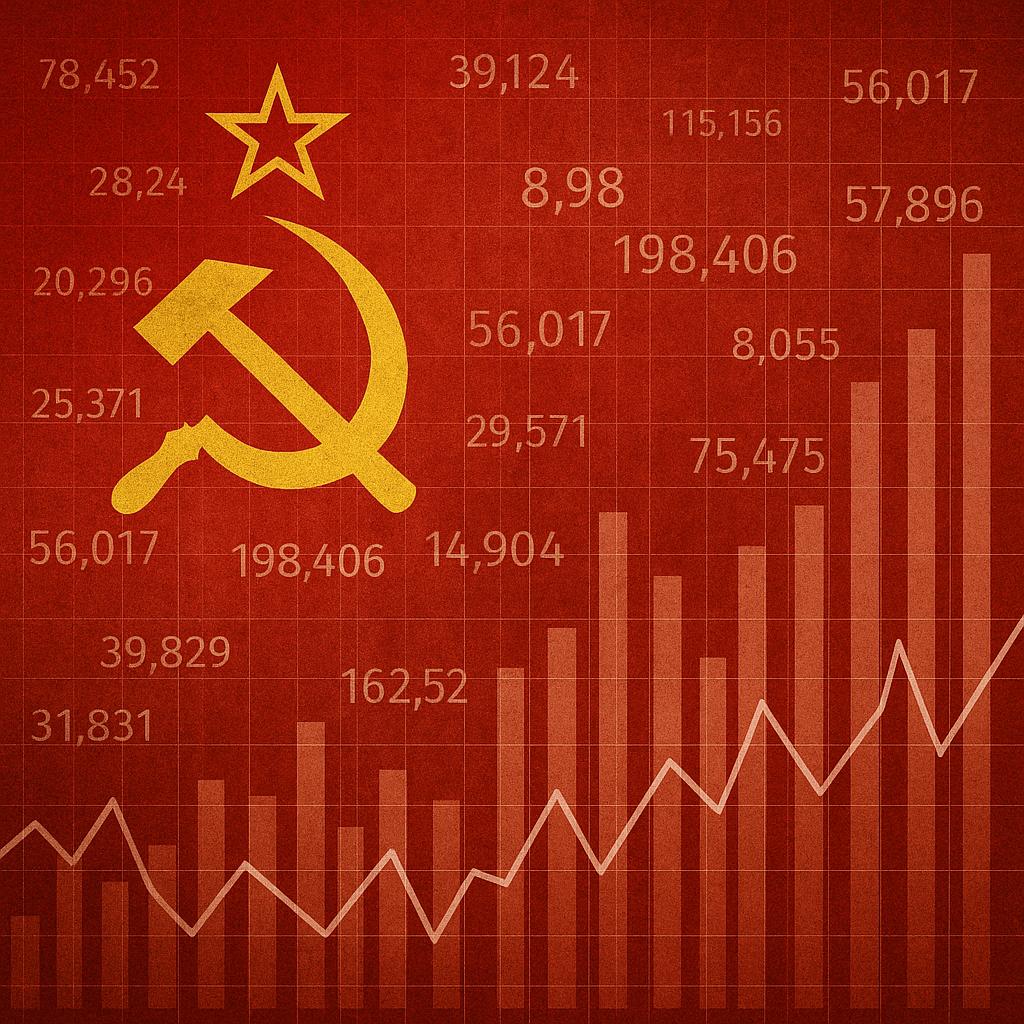
What has led to the downfall of the USSR
The collapse of the Soviet Union was one of the most decisive events of the twentieth century. It ended the Cold War, dissolved a superpower, and reshaped the map of Eurasia. Yet more than thirty years later, the question of why the USSR fell still provokes debate. Countless explanations exist—some emphasize dissidents, others point to…
-

Countries having brutal prisons fail as states
Brutal prisons are not a show of order, discipline, or state power. They are symptoms of state failure. Whenever a prison is run through violence, extortion, and gang dominance, it signals that the government has lost its basic monopoly on force. Prisons are not separate worlds. They are mirrors of the wider society. If the…
-
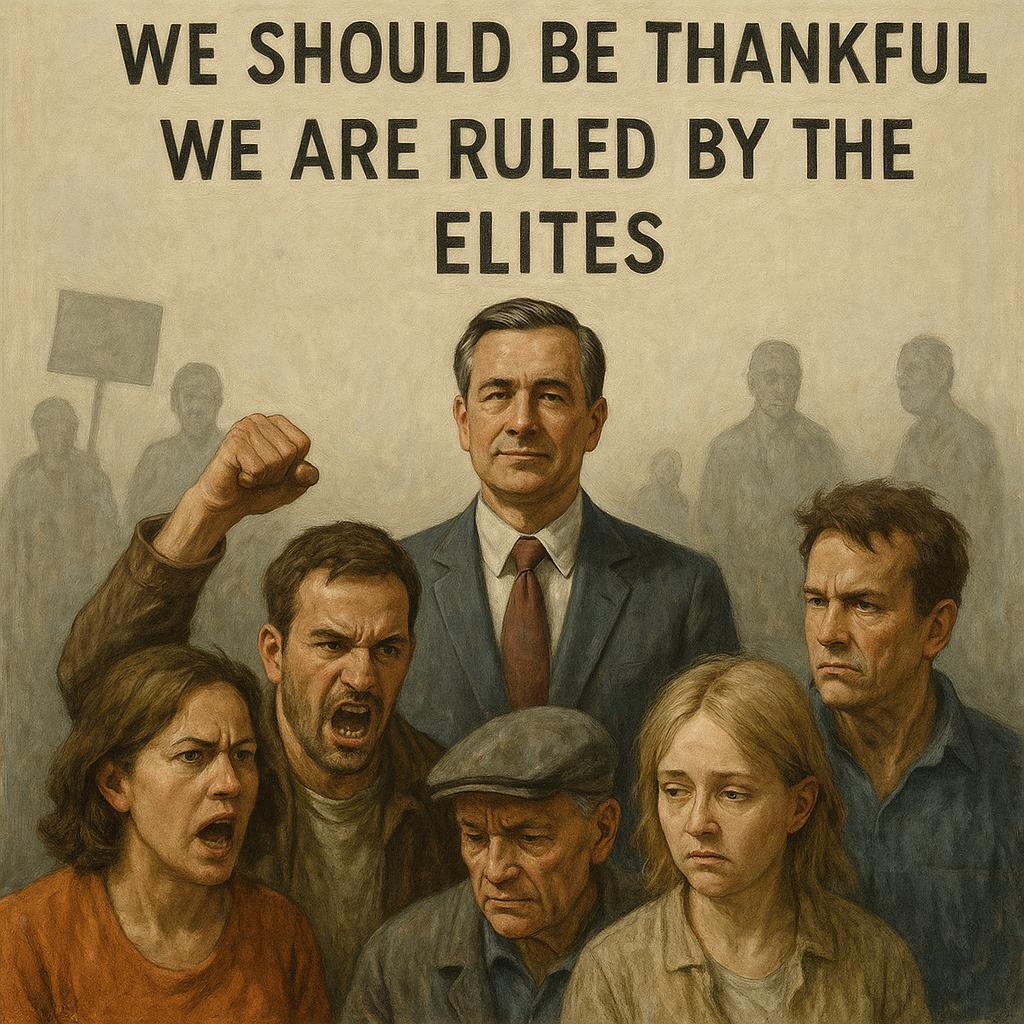
We should be thankful we are ruled by the elites
Elites provoke resentment. They hoard influence, they protect their own circles, and they rarely face the same consequences as the rest of society. Yet without them, things would collapse far quicker. For all their corruption and arrogance, elites impose restraint. They keep crowds from turning fear into brutality, they delay rash decisions. They write rules…
-
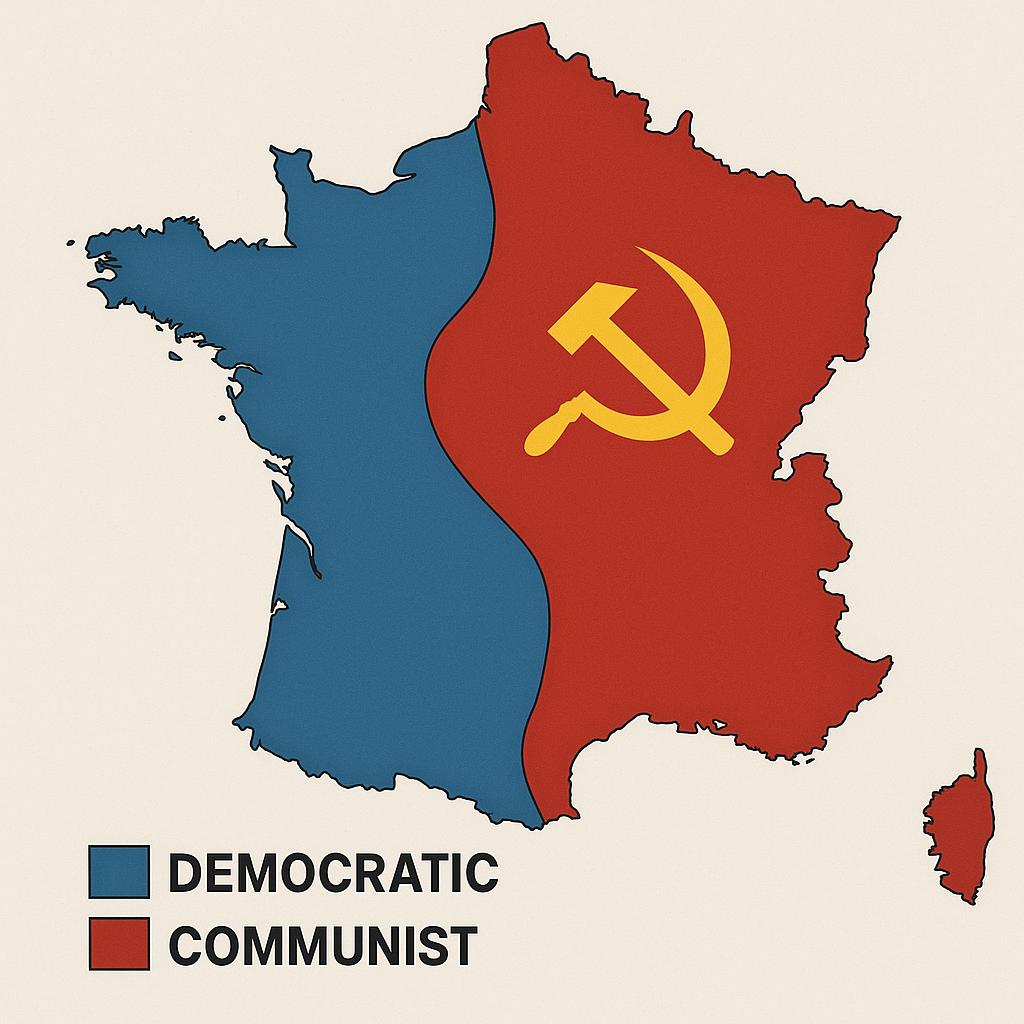
Alternate European Orders in Cold War and post-WWII games
The Cold War defined the fate of Europe. Yet, although real history produced NATO, the Warsaw Pact, and a fragile balance of neutral states, this outcome was not inevitable. Instead, the order of the continent was the product of choices, compromises, agreements, and accidents. Alternate-history games explore these uncertainties, offering players the chance to imagine…
-

How record label cartels shape and silence artists
The modern music industry looks like a competitive field of talent and creativity. To the outside world, artists appear to rise by merit, audiences decide what trends succeed, and cultural change flows naturally. But beneath this surface lies a cartel. A handful of corporations dominate global music, and their executives wield the power to elevate,…
-
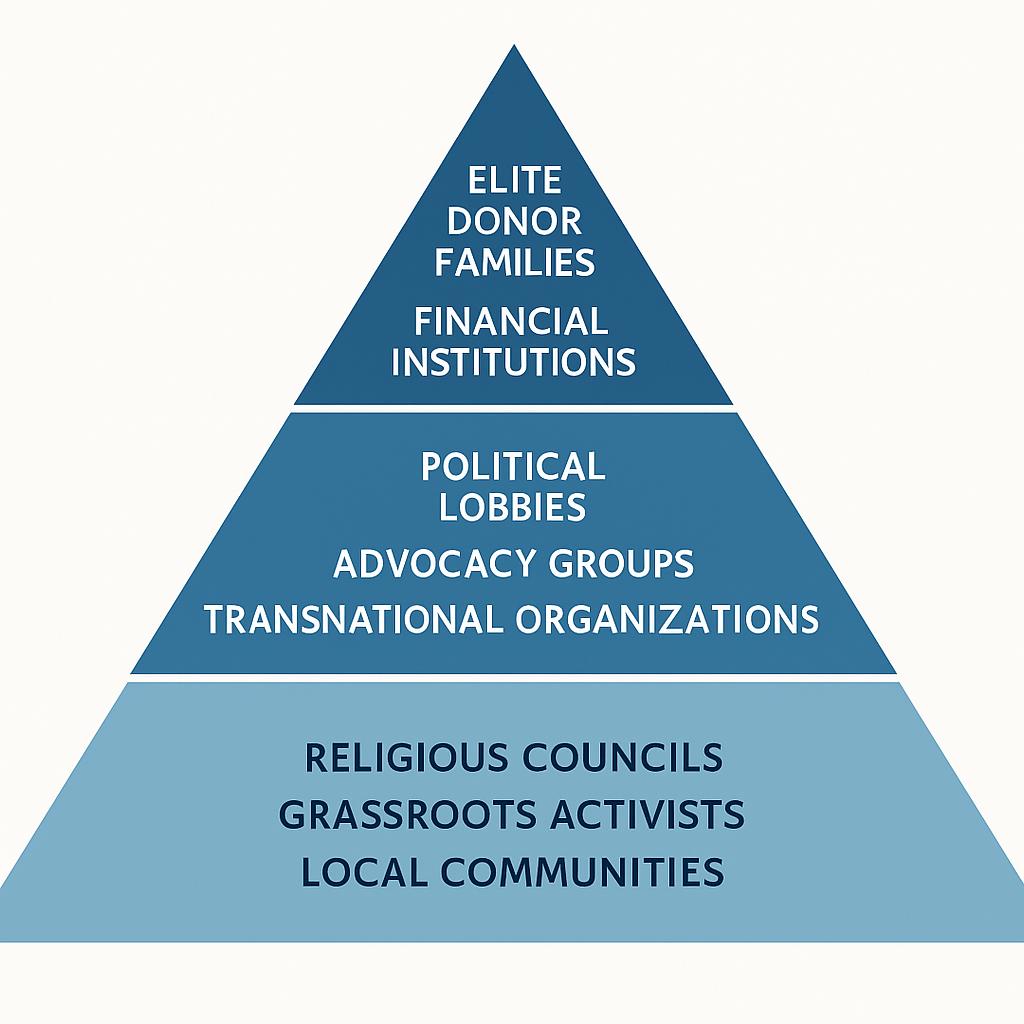
Pro-Israel and Anti-Israel Jewish clientelism
Jewish clientelism is one of the most powerful political and financial systems in the modern world. It is not myth or rumor. It is visible in lobbying, banking, and international diplomacy. Its strength comes not from a single cabal but from competing factions that fight for dominance while relying on the same patronage networks. This…
-
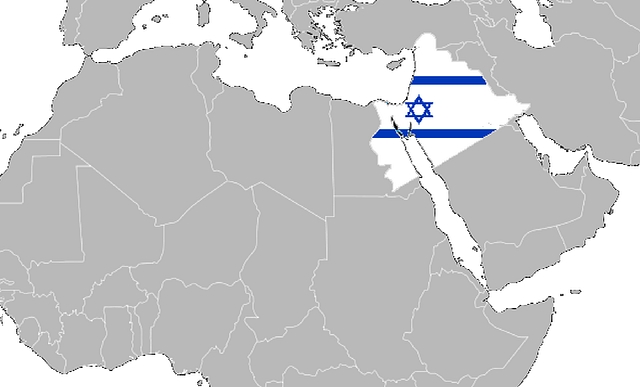
Greater Israel, a dangerous idea
The vision of “Greater Israel” has haunted Zionist politics since the beginning. For its advocates, it is a biblical promise. For nationalists, it is destiny. In reality, it is a dangerous idea. It legitimizes mass killing, destabilizes the Middle East, and undermines the world’s fragile order built after 1945. It also centers on one figure…
-
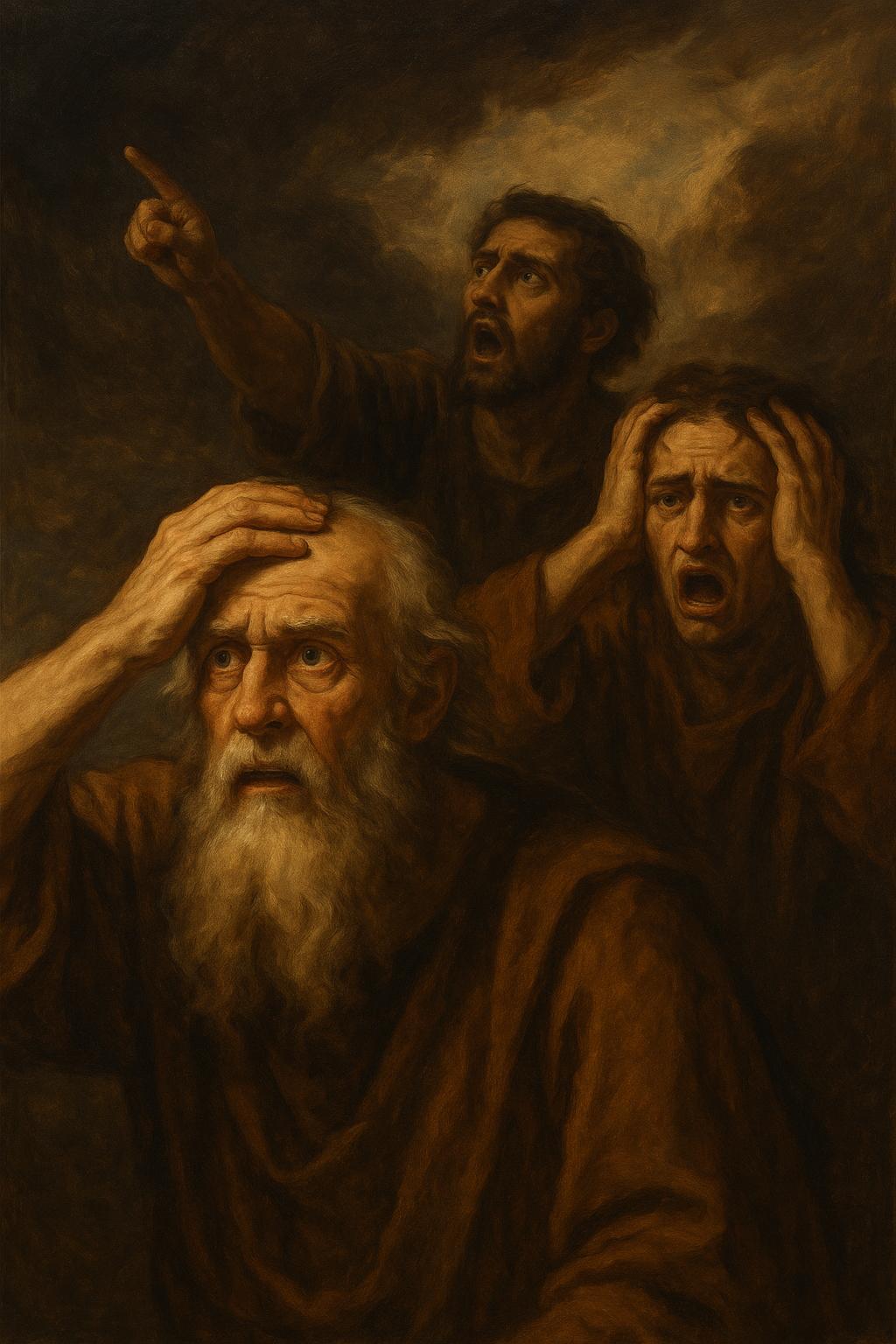
How all prophecies failed
Prophecy has always fascinated humanity. It has been presented as a divine message, a glimpse of destiny, or even proof of God’s omniscience. Many religious traditions claim that prophecy is evidence of divine inspiration, since only an all-knowing being could foretell the future. If that were true, prophecy would be the strongest confirmation of religion’s…